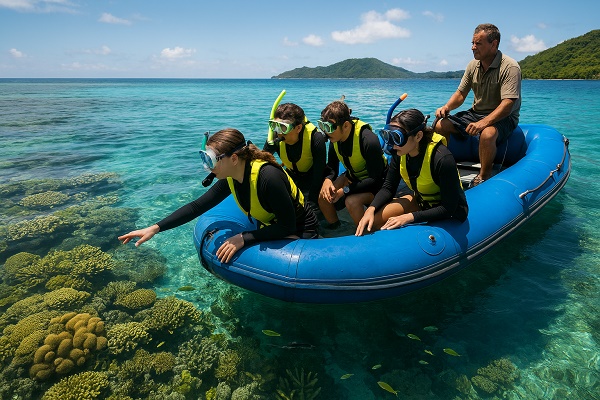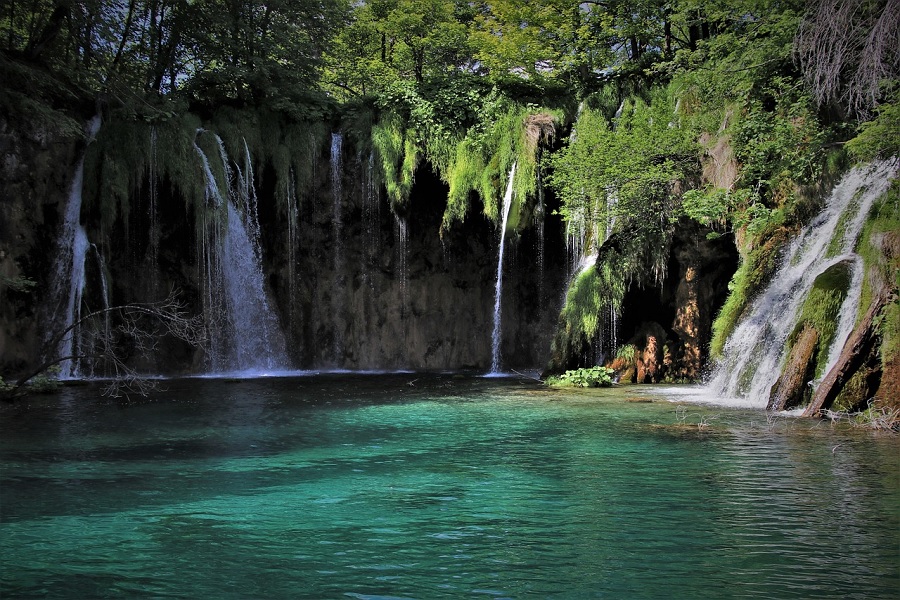Exploring the Wonders of River and Freshwater Ecotourism

Freshwater ecosystems are among the most vibrant and essential environments on Earth. Rivers, lakes, and streams not only sustain human life but also host a remarkable diversity of flora and fauna. River and freshwater ecotourism is an innovative way to experience these pristine ecosystems while promoting environmental conservation and sustainable travel.
What is River and Freshwater Ecotourism?
River and freshwater ecotourism focuses on responsible travel to natural water-based ecosystems, allowing tourists to appreciate the beauty of rivers, lakes, wetlands, and streams. Unlike conventional tourism, this form emphasizes minimal ecological impact, conservation efforts, and education about the aquatic environment.
Activities in Freshwater Ecotourism
* River Safaris and Boat Tours: Guided tours on rivers provide an up-close look at aquatic life, riparian vegetation, and bird species that depend on freshwater habitats.
* Kayaking and Canoeing: Paddling through rivers and lakes allows tourists to explore hidden corners of ecosystems without harming the environment.
* Wildlife and Bird Watching: Freshwater bodies attract diverse species, from freshwater dolphins to kingfishers, making them hotspots for nature enthusiasts.
* Fishing with Sustainable Practices: Catch-and-release programs and regulated fishing tours help preserve fish populations while offering recreational experiences.
* Nature Walks and Eco-camps: Trails along riverbanks and lakesides give tourists the chance to learn about aquatic ecosystems, plants, and local conservation initiatives.
Benefits of River and Freshwater Ecotourism
* Environmental Conservation: Tourism revenue often supports river and wetland conservation projects.
* Community Development: Local communities benefit economically through employment and sustainable resource management.
* Education and Awareness: Visitors gain knowledge about freshwater ecosystems, the threats they face, and the importance of sustainable practices.
* Promotes Sustainable Travel: Emphasizes eco-friendly practices like minimal waste, reduced pollution, and responsible wildlife interaction.
Challenges to Consider
While freshwater ecotourism has many benefits, it also comes with challenges. Pollution, over-tourism, and habitat disturbance can threaten fragile ecosystems. Proper planning, strict regulations, and environmental awareness among tourists are crucial to ensure these ecosystems remain protected for future generations.
Conclusion
River and freshwater ecotourism provides a unique blend of adventure, learning, and environmental stewardship. By exploring rivers, lakes, and wetlands responsibly, tourists not only enjoy the natural beauty but also contribute to the preservation of these vital ecosystems. Sustainable ecotourism can transform rivers and freshwater habitats into thriving centers of biodiversity and community development.
























